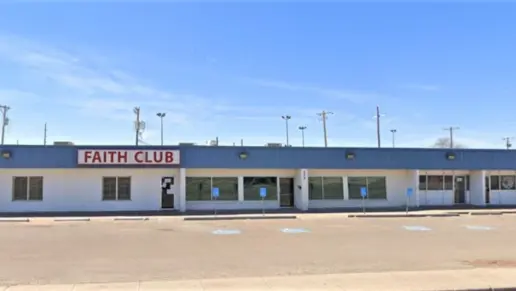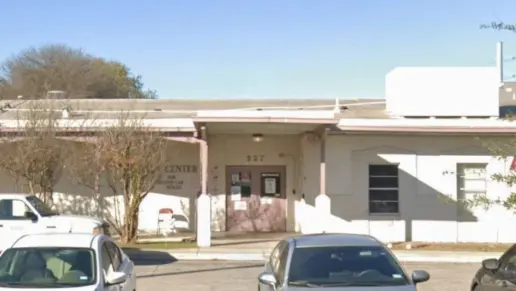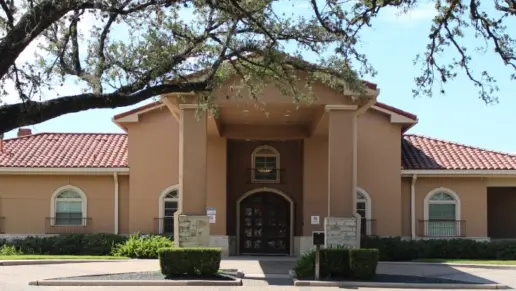About Enterhealth Ranch
Enterhealth Ranch in Van Alstyne, Texas, is a luxury addiction and behavioral health treatment center. They have residential and outpatient treatment for mood and personality disorders, as well as grief, trauma, and substance use disorders. The programs are accredited by The Joint Commission.
The center accepts most major insurance but they’re not in network with any providers. Though costs may vary greatly, the typical residential stay, including detox, is about $1,200 per day.
The inpatient programs include a fitness center, chef prepared nutritious meals, and private rooms with bathrooms. There’s a swimming pool, fitness center, putting green, and pickleball courts.
The center adheres to the National Institutes of Health’s research findings. These findings conclude that addiction is a brain disease, and they use evidence based treatments based on scientific data to treat you. Part of the research supports longer treatment stays for the best chance of full recovery.
Every person feels the effects of addiction differently, so treatment plans are customized based on the type of substance use, duration, frequency, and other factors. You’ll have medically supervised detox with around the clock staffing.
Treatment is with PhD and master’s level psychologists. Some of the neurological treatments you may receive include neuro-biofeedback, neurocognitive remediation, QEEG, and MeRT. QEEG is a brain scan to determine the natural harmonic frequency specific to your brain. MeRT uses electrical and chemical methods to stimulate or change neural activity. This accelerates the brain’s healing process from the negative effects of alcohol or drugs.
The inpatient program uses these cutting edge treatments plus many traditional treatments such as individual and group therapy. Some of the therapies are cognitive behavioral therapy (CBT), dialectical behavioral therapy (DBT), and rational emotive behavioral therapy (REBT). You’ll get help for your substance use and any co-occurring (dual diagnosis) disorders such as anxiety or depression.
There’s also an intensive outpatient program (IOP). The IOP runs for eight weeks. You’ll meet three days per week for three hours per day. There’s also a maintenance outpatient program (MOP) for patients who need to work while in treatment. The program offers more flexibility with your schedule.
Latest Reviews
Rehab Score
Gallery

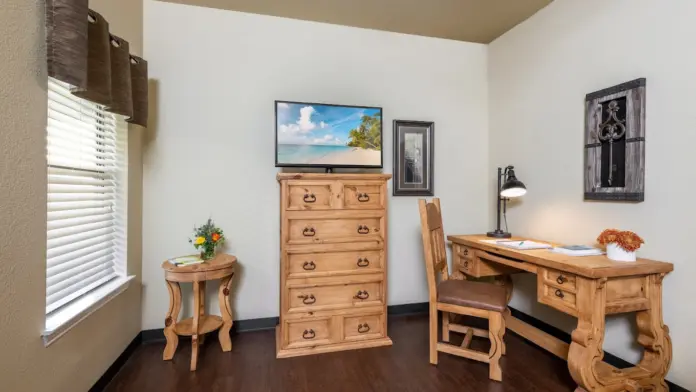


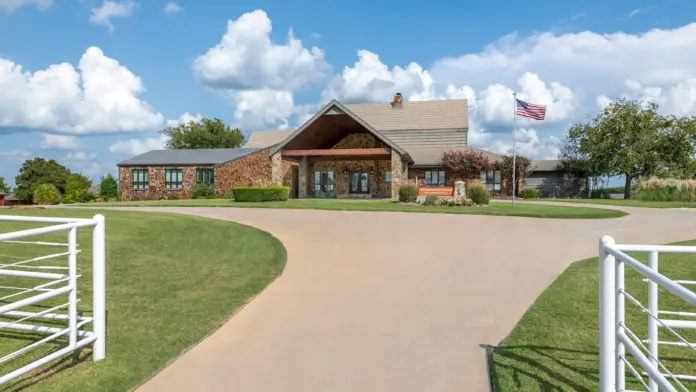

Location
Accepted Insurance
Other Forms of Payment
Private insurance refers to any kind of healthcare coverage that isn't from the state or federal government. This includes individual and family plans offered by an employer or purchased from the Insurance Marketplace. Every plan will have different requirements and out of pocket costs so be sure to get the full details before you start treatment.
Self-pay involves paying for treatment out of your own pocket. You can use savings or credit, get a personal loan, or receive help from family and friends to fund your treatment. If you don't have insurance or your insurance plan doesn't cover a specific program, self-pay can help ensure you still get the care you need.
Financial aid can take many forms. Centers may have grants or scholarships available to clients who meet eligibility requirements. Programs that receive SAMHSA grants may have financial aid available for those who need treatment as well. Grants and scholarships can help you pai for treatment without having to repay.
Addiction Treatments
Levels of Care
Treatments
Alcoholism occurs when a person becomes physically and psychologically dependent on alcohol. Attending a professional alcohol rehab in Texas can provide customized intervention methods to address the physical, mental, and relational challenges of addiction.
During rehab in Texas, you'll deal with underlying issues that contribute to addiction. By addressing these challenges and learning healthy ways to cope with them, you'll develop strategies that help you live a drug-free lifestyle.
Substance rehabs focus on helping individuals recover from substance abuse, including alcohol and drug addiction (both illegal and prescription drugs). They often include the opportunity to engage in both individual as well as group therapy.
Programs


Clinical Services
Cognitive Behavioral Therapy (CBT) is a therapy modality that focuses on the relationship between one's thoughts, feelings, and behaviors. It is used to establish and allow for healthy responses to thoughts and feelings (instead of unhealthy responses, like using drugs or alcohol). CBT has been proven effective for recovering addicts of all kinds, and is used to strengthen a patient's own self-awareness and ability to self-regulate. CBT allows individuals to monitor their own emotional state, become more adept at communicating with others, and manage stress without needing to engage in substance abuse.
Treatment that takes a dialectical behavior therapy approach focuses on four strategies. Distress tolerance will help you accept and tolerate intense emotions. Emotional regulation will teach you to manage those emotions. Mindfulness will keep you in the present moment instead of regret or worry. Interpersonal effectiveness will teach you to manage your relationships.
Peer support is an important aspect of group therapy sessions for drug and alcohol addiction. As you and your peers share stories and encourage each other, it fosters a sense of community and belonging that helps you process your feelings and reduces the sense of isolation that is associated with addiction.
Individual therapy offers you a confidential space to address the complexities of your drug or alcohol addiction. Your therapist guides these personalized sessions to help develop self awareness and manage stress. This promotes sustained sobriety and overall well being.
Therapy sessions that incorporate motivational interviewing focus on OARS: open questions, affirmation, reflections, and summarizing. This facilitates an exchange of information and an empowering of the client to decide for themselves what changes might need to be made in their lives.
Together with an experienced trauma therapist, you work on healing emotional wounds from traumatic experiences within a trauma therapy environment. Your therapist will help you process the experience of the trauma, which promotes emotional healing and improves your overall mental health.
Couples therapy helps couples learn to control emotions, trust each other, and communicate more effectively. It can be useful for short term intervention for a specific issue or for working on the relationship long term.
Research clearly demonstrates that recovery is far more successful and sustainable when loved ones like family members participate in rehab and substance abuse treatment. Genetic factors may be at play when it comes to drug and alcohol addiction, as well as mental health issues. Family dynamics often play a critical role in addiction triggers, and if properly educated, family members can be a strong source of support when it comes to rehabilitation.
The right life skills training will help you build the skills you need for recovery. You'll learn how to solve problems, improve your social life, enhance your mental health, and make good decisions. This is a key component of drug rehab programs in Texas.
Amenities
-
Residential Setting
-
Private Rooms
-
Walking Trails
Contact Information
524 N Lincoln Park Rd
Van Alstyne, TX 75495











